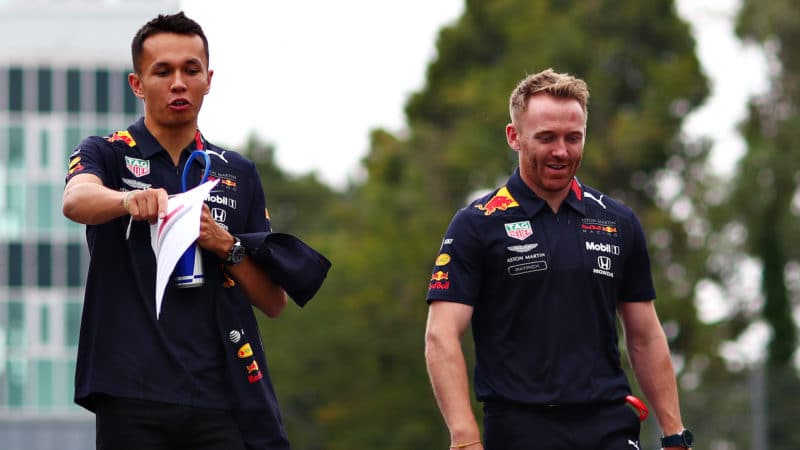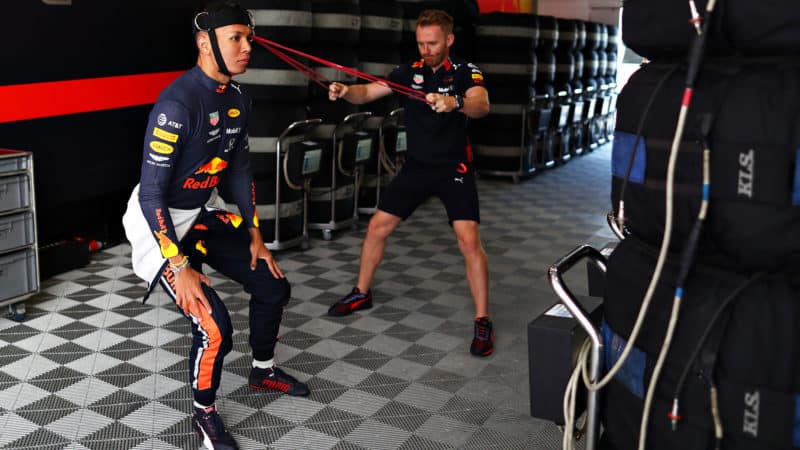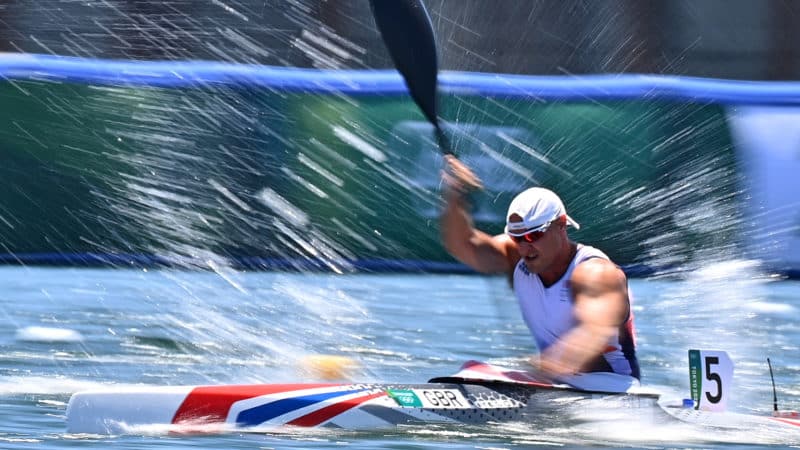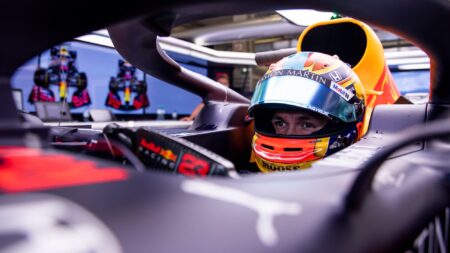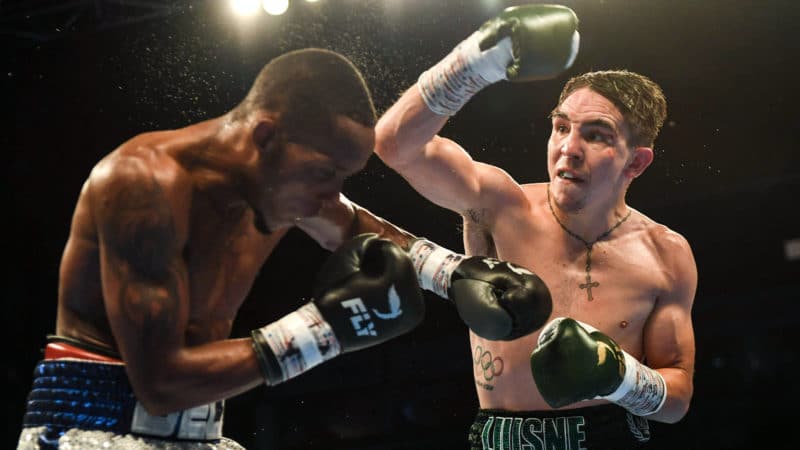While the Olympics will rarely involve the influence of machinery in the same way motorsport does, the way of judging your own performance in the right context – rather than solely against others – is a specific aspect Harding prioritises with racing drivers as well as Olympians.
“In the history of the Olympics there has only been 3,500 representatives from Great Britain, out of a population of what, 66 million? When I was having conversations with the girls about their performances and not being happy with their finishing position but the time they set, would they be happy with that?
“We had a girl who got a PB in her semi-final but didn’t make the final and was actually really disappointed with that but the reality of her performance was: ‘That was the best you’ve ever done at the biggest competition you’ve ever been at’.
“Two of the girls came into their competitions, had two races in one morning and then their Olympics is over. And it’s: ‘I’ve dreamt about this my entire life, had four hours of competition, two races that lasted about 40 seconds each and now I’m finished and the Tokyo Government are telling me I have to be out of the country in 48 hours!’
“So a lot of what you’re actually doing in that space is the mental management and the emotional support. The physical stuff in that time is pretty much easy. That’s what you do for Alex and for Oli in those race weekends as well. My job in those environments is to be a really consistent delivery of emotion to those guys. So when things are going well and things are going badly they get the same consistent level of emotion from me.”
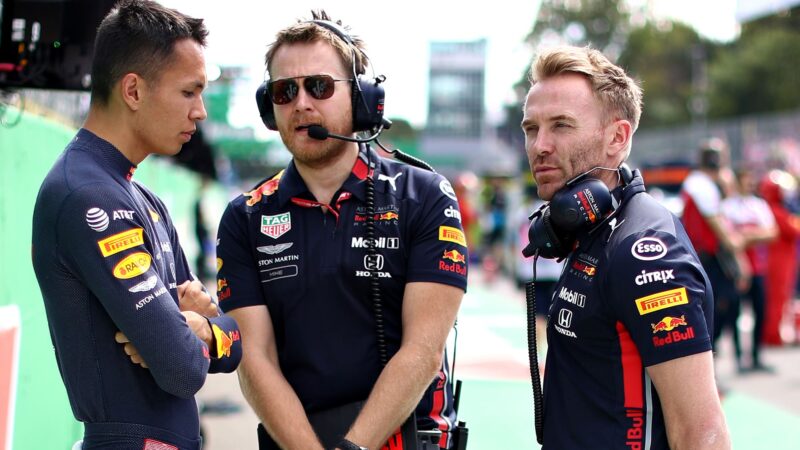
Albon’s situation at Red Bull can be compared with making your debut at the Olympics, says Harding (right)
Red Bull
Harding had to particularly rely on that experience at the end of last season as Albon’s F1 future was up in the air and the Red Bull youngster eventually lost his race seat, something he says he drew comparisons from when working in Tokyo.
“It’s very comparable. you take a driver in motorsport who is in their rookie season – or in Alex’s scenario has been promoted to a top team halfway through his rookie season – or you take somebody like an Oli who has moved from a mid-pack team to Prema in F3, and suddenly there’s an expectation there.
“Then you take these three girls who are coming to their first Olympics and irrespective of where they’ve been at in terms of world timings, there’s an expectation that ‘I’m at an Olympics’ and we can all daydream about having the race of our lives and winning a medal. I think there’s massive consistencies across all of those.
“For me in those scenarios it’s about always bringing them back to things they can control. Because one of the attributes I see in really successful people is self-responsibility and ownership. The perfect example of that is looking for excuses. I have never been involved in a sport where there’s the availability of excuses as there is in motorsport in terms of tyres and tailwinds and contact and traffic… It’s incredible.
“What I’m always trying to do with those individuals is ‘what did you do in that scenario?’ because that’s the determinant of how we’ve viewed the context of what happened.”
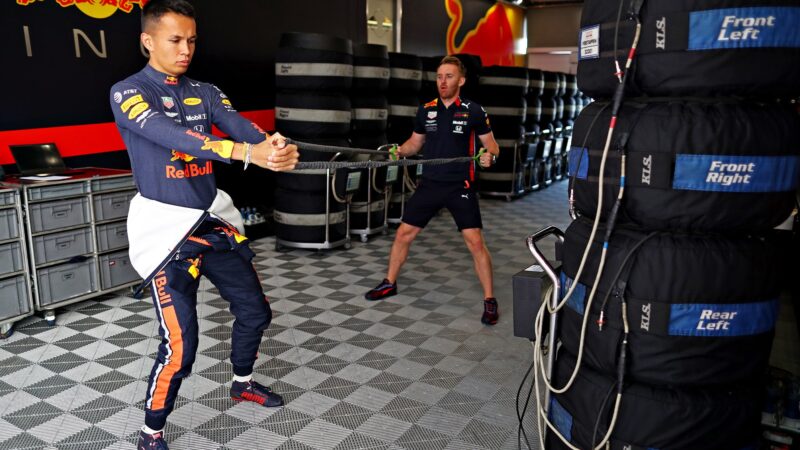
Harsh judgement on training regimes is a key part of the Harding philosophy
Red Bull
Things like sleeping patterns, hydration, nutrition, warm-up routines – stuff that can’t be influenced – is where Harding says all athletes have to judge themselves harshly. Beyond that, variables that might appear on-track are only of limited value, and it’s an area he saw clear improvement from Albon through 2020 and into this year.
“Alex is probably the most critical guy I’ve ever worked with in terms of self-analysing how he’s performed, but actually the biggest learning for him over the last couple of years was ‘At what point do I stop that because I’ve learned everything I can from that session and now I need to move on?’.
“From my perspective, his last four races were probably his strongest and most consistent race weekends at Red Bull, and when I get asked about his mental resilience, I don’t need to see any more than that itself.
“Because that to me shows a young kid who has demonstrated a huge amount of growth in a very short space of time in what can only be described as one of the most pressurised environments in sport – with huge media scrutiny, expectation from himself but also from the team around him, with a benchmark of a generational talent – but actually still being able to go to himself ‘What do I need to deliver today? Let’s focus on that, control what I can control’.”
